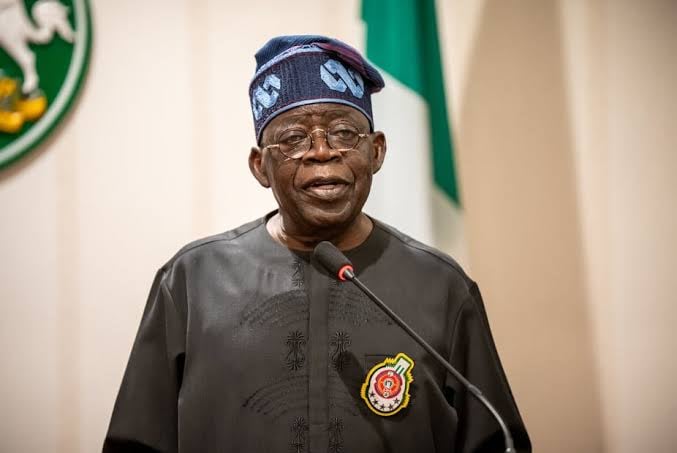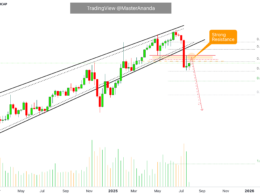A former ambassador to Mexico, Ogbole Amedu-Ode, has described the economic reforms introduced by President Bola Tinubu’s administration as a form of “shock therapy” that Nigerians must painfully endure before any meaningful recovery can occur.
Amedu-Ode’s remarks come amid mounting public concern over the biting economic hardship that has defined daily life since the beginning of the current administration.
Tinubu, who was sworn in as President on May 29, 2023, announced the removal of fuel subsidy during his inaugural address, arguing that the decades-old policy had become an unsustainable drain on public finances.
The decision immediately triggered a sharp rise in petrol prices, from about N185 to over N600 per litre, and pushed up the cost of transportation, food, and basic commodities.
Barely weeks later, the Central Bank of Nigeria introduced a unified foreign exchange policy that allowed the naira to float freely against the dollar.
The move, aimed at attracting foreign investment and reducing arbitrage, has since seen the currency plummet to record lows, crossing N1,400 per dollar in the parallel market, while inflation soared above 33 per cent by mid-2025, according to the National Bureau of Statistics.
Labour unions repeatedly accused the government of failing to cushion the impact on workers, and negotiations for a new national minimum wage intensified.
Despite the growing backlash, the Tinubu administration insists the reforms are vital to rescuing the country from fiscal collapse and laying a foundation for long-term growth.
Speaking with Saturday PUNCH, Amedu-Ode likened the policies, particularly the fuel subsidy removal and naira float, to a medical procedure designed to jolt a dying patient back to life, saying their effects have been deeply felt across all strata of society.
He said, “The floating of the naira and removal of the petroleum subsidy are tantamount to what, in medical terms, is called shock therapy,” he said.
“Now that they have been applied to the Nigerian situation, people are feeling the pain. Whether the end will justify the means remains to be seen.
“The administration has asked for time and patience, saying the policies will yield dividends; perhaps yes, perhaps no. Only time will tell.”
While acknowledging that the measures may be necessary to correct long-standing structural distortions, the retired diplomat said the government must pair its economic policies with visible improvements in governance and citizens’ welfare to maintain public trust.
“My advice to the government is simple: improve governance. Let there be evidence that the living standard of the people is improving, and nobody will doubt what the government is doing,” he said.
“A performing government needs no advertising. When citizens can see better roads, affordable transport, food security, and jobs, they won’t need press releases to know the government is working.”
Amedu-Ode, who also served in several diplomatic postings across Latin America, warned that unless the current hardship is cushioned with credible reforms and social protection measures, the patience of Nigerians might soon wear thin.
“The ruling elite should take cognisance that the patience of the people is not completely elastic. The bandwidth to tolerate hardship should not be taken for granted,” he cautioned.
Commenting on recent youth-led uprisings in Nepal, Sri Lanka, and Bangladesh, the former envoy said such revolts were unlikely in Nigeria due to deep-seated ethnic and religious divisions.
He stated, “Nigeria is a much-divided society along regional, religious, and ethnic lines.
“Mobilising the kind of mass uprising we’ve seen in those Asian countries may be far-fetched here. But that does not mean the government should be complacent.”
He also cautioned against attempts to clamp down on social media, warning that restricting online expression could worsen public frustration and ignite the very unrest the government seeks to avoid.
“Social media is a phenomenon that is here to stay. If you drive it underground, people will find other ways to communicate. The government should focus on performing, not silencing voices,” he noted.








